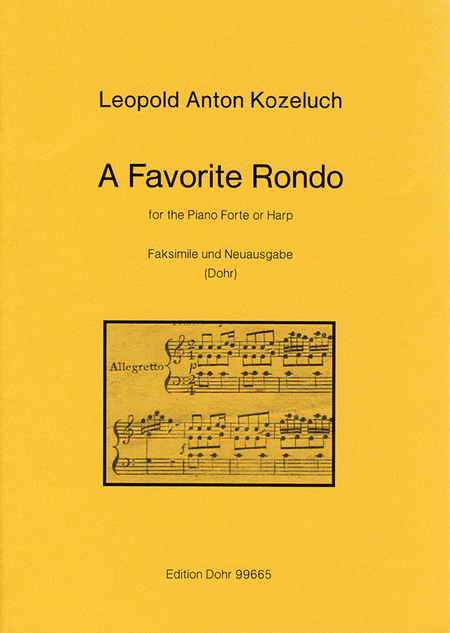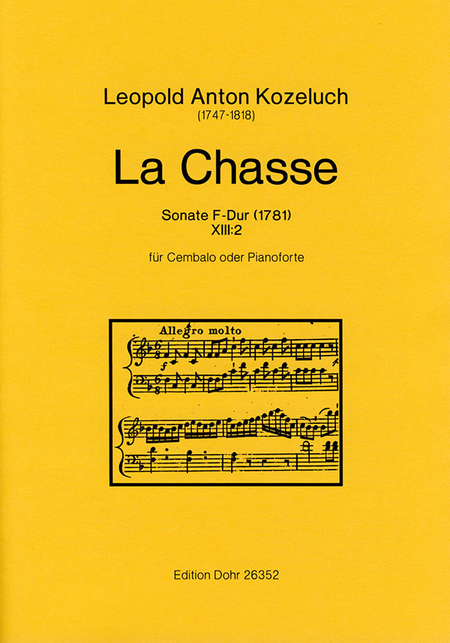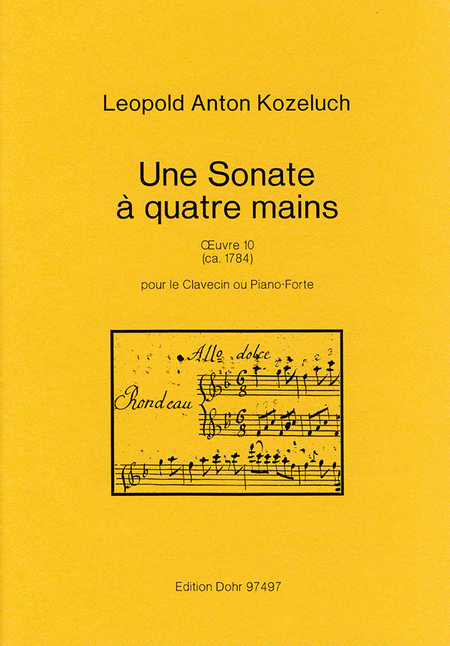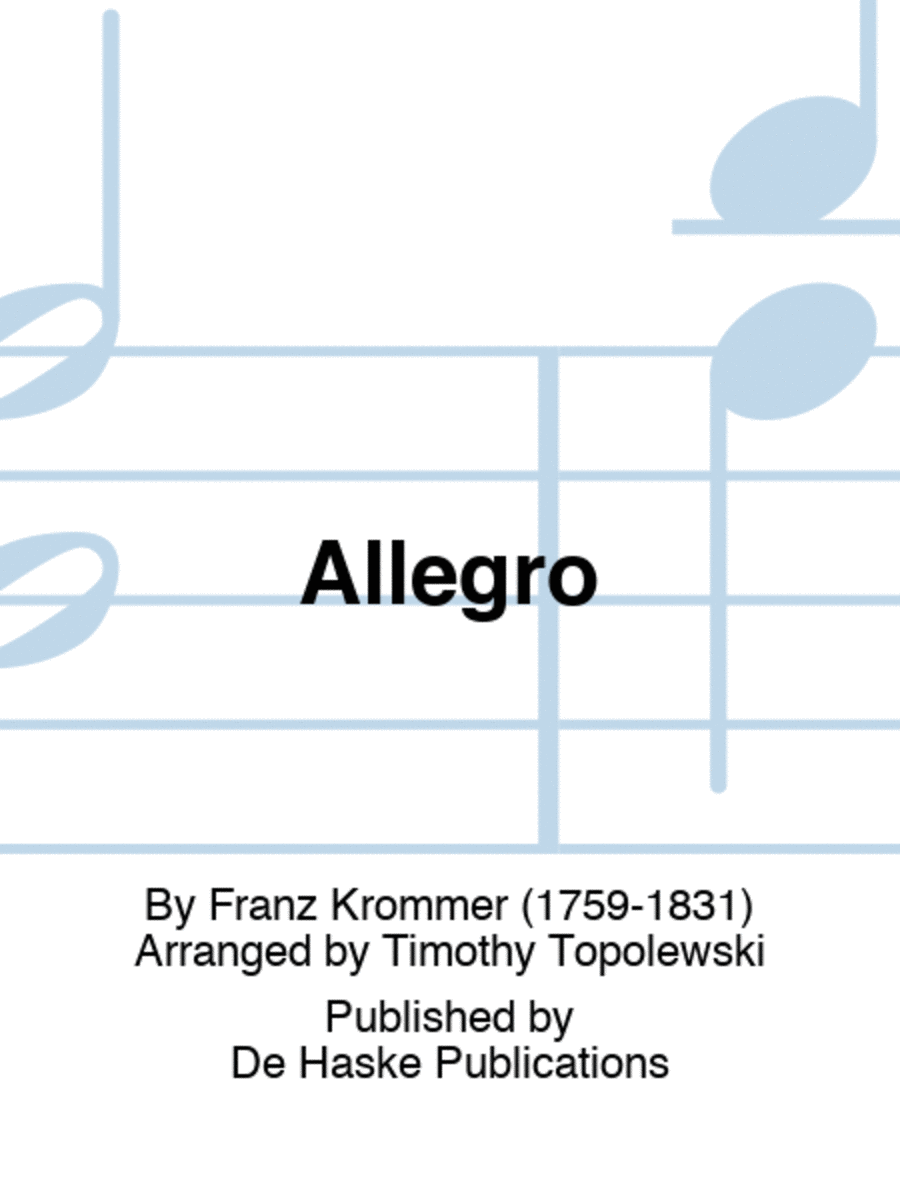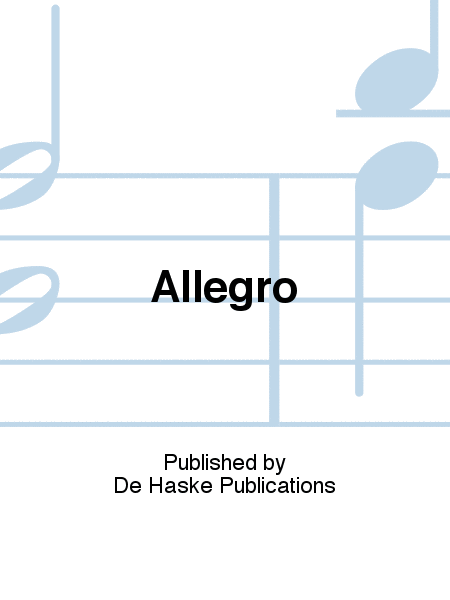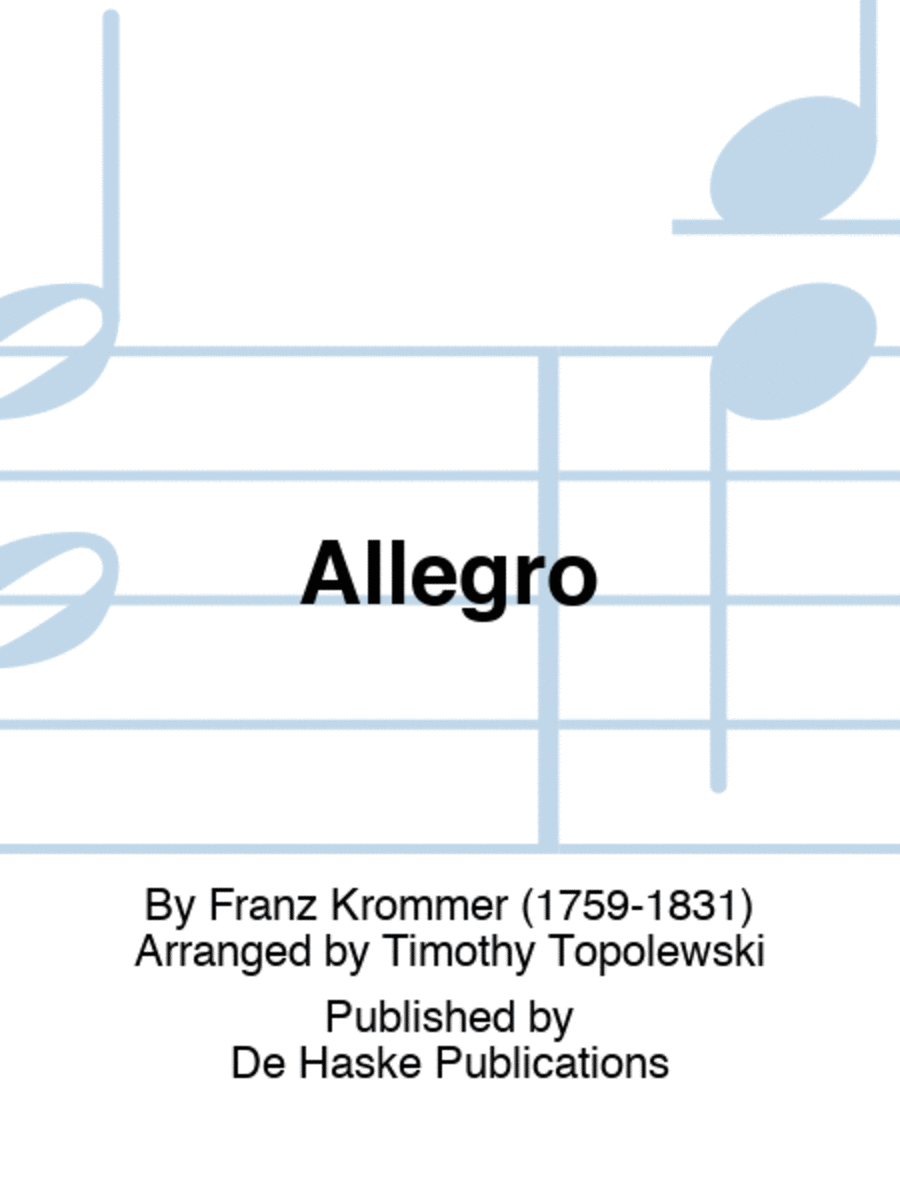Leopold Anton Kozeluch (1747 - 1818)
 Rép. tchèque
Rép. tchèque
 Rép. tchèque
Rép. tchèqueLeopold Koželuch (Czech pronunciation: [ˈlɛopolt ˈkoʒɛlux], born Jan Antonín Koželuh, alternatively also Leopold Koželuh, Leopold Kotzeluch; 26 June 1747 – 7 May 1818) was a Czech composer and music teacher.
He was born in Velvary and moved to Prague to further his musical education, before moving again to Vienna in 1778, where he was based for the remainder of his career. In Vienna he achieved renown as a composer, pianist and teacher, and from 1792 until his ... (Read all)
Source : Wikipedia
He was born in Velvary and moved to Prague to further his musical education, before moving again to Vienna in 1778, where he was based for the remainder of his career. In Vienna he achieved renown as a composer, pianist and teacher, and from 1792 until his ... (Read all)
Source : Wikipedia
FREE SHEET MUSIC
Active criterias:
Search
| ||||||||||||||||||||||||||||||

